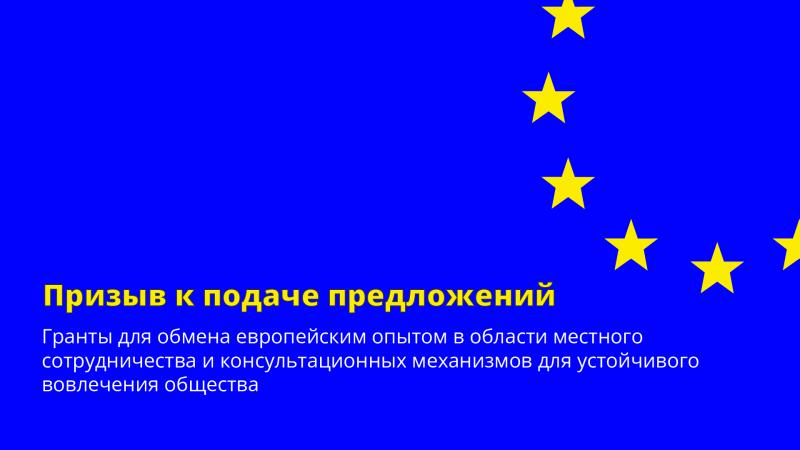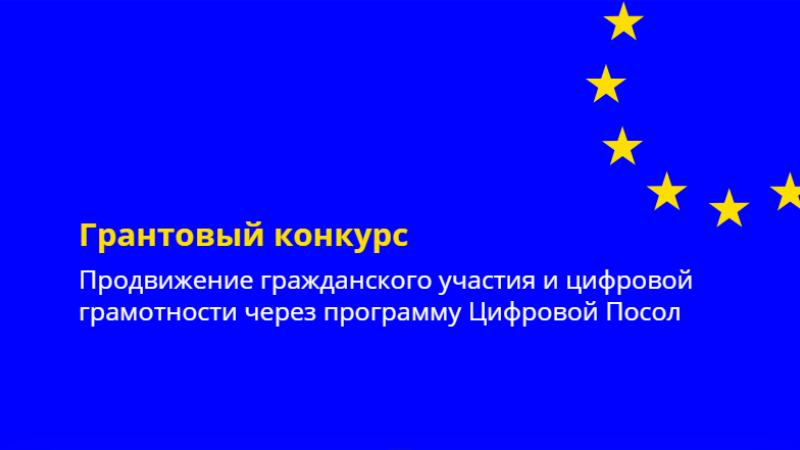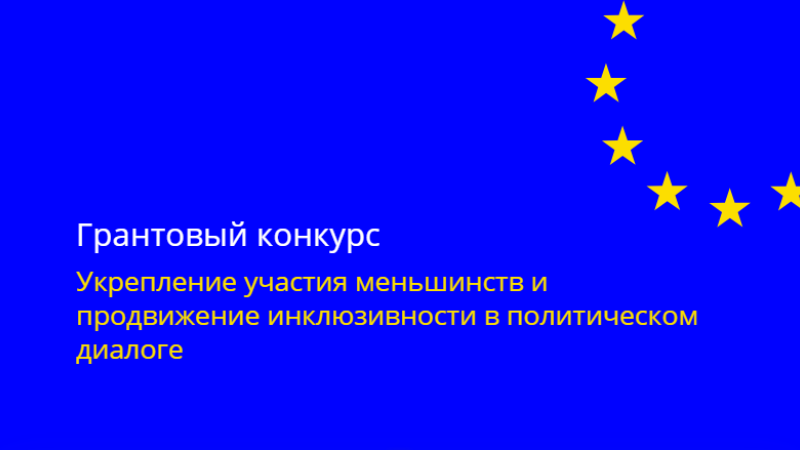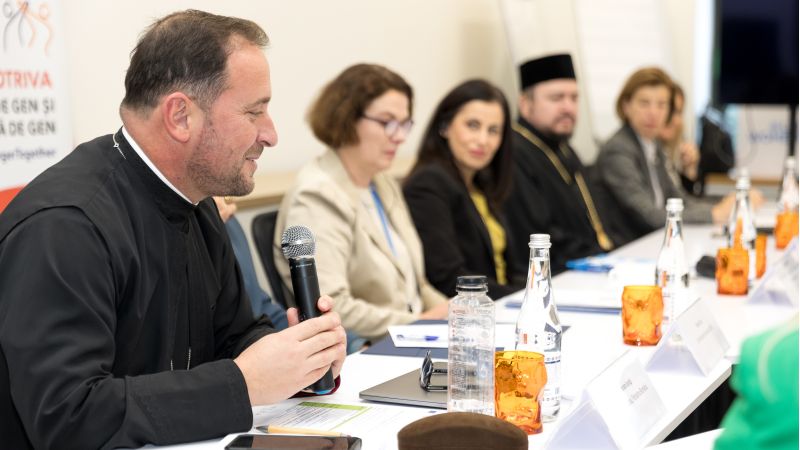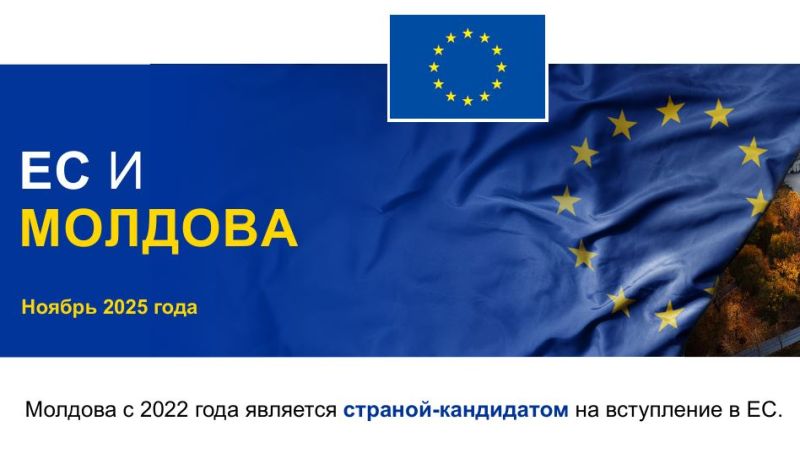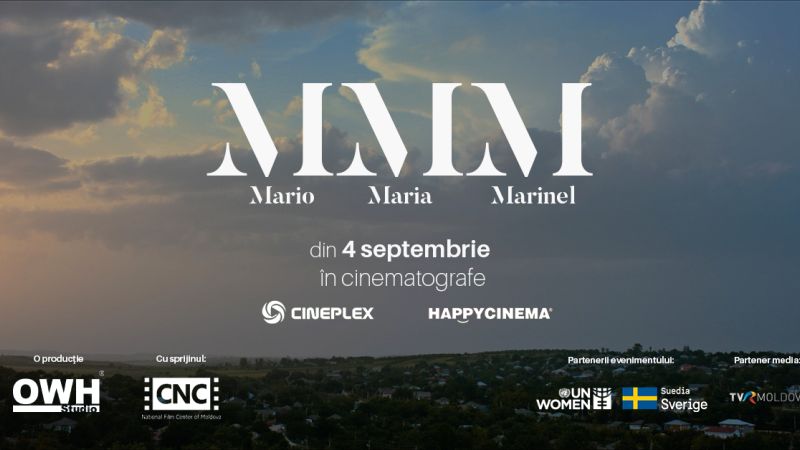
ЕВРОПЕЙСКИЙ СОЮЗ ПОДДЕРЖИВАЕТ СОЗДАНИЕ И РАЗВИТИЕ КЛАСТЕРОВ В КАГУЛЬСКОМ И УНГЕНСКОМ РЕГИОНАХ
The cluster is a business model implying cooperation among small and medium enterprises/ entrepreneurs, on one hand, and support structures from public authorities, academic environment, civil society, on other hand. The distinctive element of clusters is their flexible set-up, as each member performs certain activities depending on the market requirements and cluster’s strategy.
While clusters proved effective as regional competitiveness model at European level, the Republic of Moldova just starts benefiting from the advantages of cooperation and association for business development. Tourism, agri-food products, furniture, or textiles are several sectors having a potential for clusters’ creation in the Republic of Moldova.
The “EU4Moldova: Focal regions” programme, funded by the European Union and implemented by UNDP and UNICEF, provides the necessary financial support to strengthen these local value chains and clusters in Cahul and Ungheni regions.
Strawberries, a value chain in Ungheni region
Zinaida Plămădeală, entrepreneur from Ungheni, represents the “Berries Group” Association, which gathers five strawberry producers managing annually lands with an area of 40-50 ha in Sculeni and Petrești villages. Strawberries are representative for Ungheni region, and the initiative of creating a berry cluster is determined by several regional advantages. Ungheni region offers a stable and sustainable source of water for irrigation, and the berry cultures have always been of interest for the local big and small farmers, as they generated income. At the same time, the proximity to the European Union offers access to a large sales market.
In the opinion of Zinaida Plămădeală, the cluster is a tool with multiple advantages:
“A cluster represents a platform for efficient cooperation and establishing partnerships within value chains, and this tool is a necessary one and it is suitable for the development of the berry sector in Ungheni district, as well as for the entire country.”
The cooperation and association of several producers allowed “Berries Group” to increase its production volume, to invest in post-harvesting infrastructure, including in pre-cooling chambers, fruit storage chambers, and fruit drying facilities.
Grapes, a value chain in Cahul region
In Cahul, another region supported by EU within the “EU4Moldova: Focal regions” programme, grapes are a value chain with development potential. The executive director of the Association of Table Grapes Producers from Cahul, Sergiu Tutovan, mentions that table grapes production is a branch with traditions in Cahul district, which brings value to the agricultural sector of the region. Currently, in Cahul district there are approximately 3,000 ha of lands planted with table grapes, where the average harvest is 6 tons per ha. At the same time, 40% of the production is directed for local consumption, and 60% is exported preponderantly in Romania and other markets of EU, Belarus, and Russian Federation.
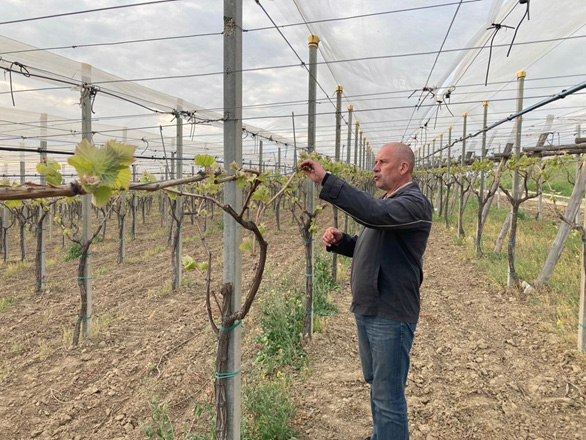
According to the opinion of Sergiu Tutovan, the creation of a cluster will bring more economic benefits, where one of the priorities is the access to the chain of hypermarkets, which require the delivery of large volume of products of a homogenous quality.
“A cluster, by definition, includes mor e stakeholders of the value chain, starting with the producers of planting material, input suppliers, table grapes producers, refrigerating warehouses with packing and sorting lines, and grape transporters that will deal with their delivery to the markets,”
stated Sergiu Tutovan.
The creation of an integrated structure for the table grapes sector from Cahul would ensure economic advantages. Unlike other association forms, the cluster allows joining single efforts of key stakeholders to solve an issue faced by the entire value chain. The entrepreneur Sergiu Tutovan mentions that few information and consultation meetings have already been organised, joined by potential members of the future cluster, and soon a memorandum regarding the activity of the cluster will be signed.
Roadmap to boost local economic development in Cahul and Ungheni regions
In the Republic of Moldova, as well as in other countries of the Eastern Partnership, the conceptualisation and implementation of clusters has just started, even if the notion has already been incorporated in certain public policy documents.
The European Union, through the “EU4Moldova: Focal regions” programme, supports the development and strengthening of the value chains and clusters from Cahul and Ungheni regions. For this purpose, local representatives of private sector, in partnership with local public authorities and the Chamber of Commerce and Industry of the districts of Cahul and Ungheni, have developed a roadmap for each region, containing economic analysis of each district, including from rural and urban areas.
The document emphasizes the value chains with all their links, from obtaining raw material till the sale of the finished product. Based on this analysis, several value chains were selected, having growth potential and the possibility to obtain a higher added value, with a large share in the social-economic life and opportunities to meet the internal and export markets. Thus, four value chains have been identified in Cahul region (table grapes, tourism, wine-making and sheep farming), and in Ungheni region (tourism, strawberries, furniture and carpets).
“Promoting clusters’ development should represent one of the main elements to strengthen the regional competitiveness, to incentivize economic growth, to create new jobs and to retain the labor force in the regions. At the same time, in the context of clusters’ development, attention needs to be paid to the opportunities of incorporating the circular economy and digitalization dimensions, by applying new technologies and principles and by updating the technological process with the observance of the environment protection principles,”
mentioned Simion Berzoi, Investment Attraction Officer within the „EU4Moldova: Focal regions” programme.
Thus, the roadmap represents a platform for initiating systemic interventions of the “EU4Moldova: Focal regions” programme funded by EU and implemented by UNDP and UNICEF, to boost local economic development in Cahul and Ungheni regions during 2021-2025.

The roadmap is based on the implementation of short-term interventions and, in most cases, with the existing own resources, meant to test and mobilize local partnerships for obtaining “quick wins” on the dimension of value chains’ creation, which will benefit from technical assistance, consultancy and funding joint initiatives.
EU4Moldova: Focal Regions Programme (2019-2024) supports smart, green, inclusive and sustainable development in Cahul and Ungheni, to ensure better life quality for citizens. The Programme has a total budget of 23 million EUR and is financed by the European Union and implemented by the United Nations Development Programme (UNDP) and the United Nations Children’s Fund (UNICEF).
More details about the Programme’s activities in Cahul and Ungheni regions can be found on www.eu4cahul.md and www.eu4ungheni.md.
